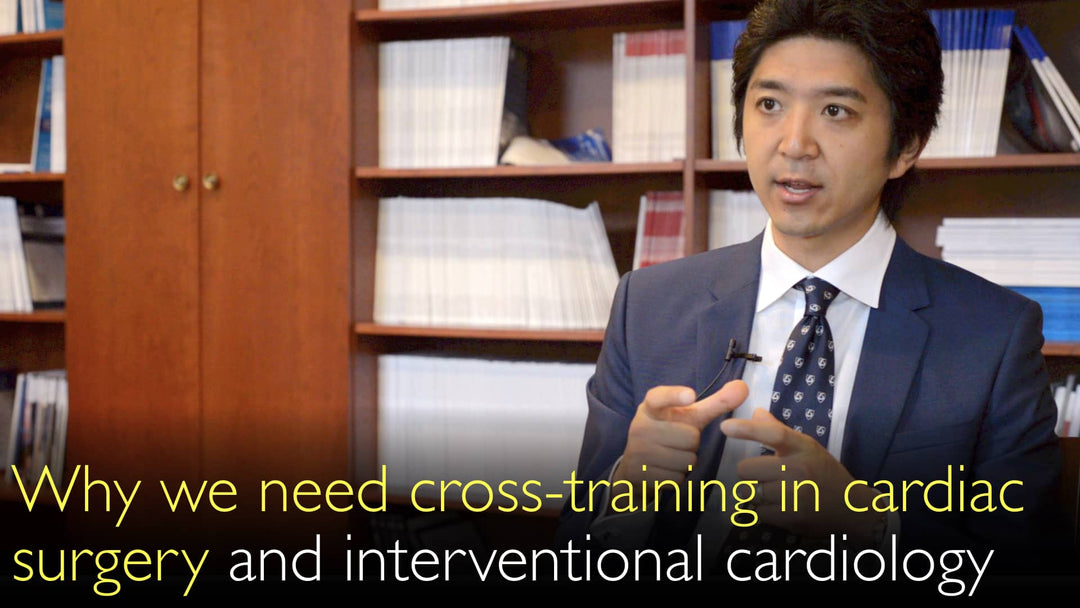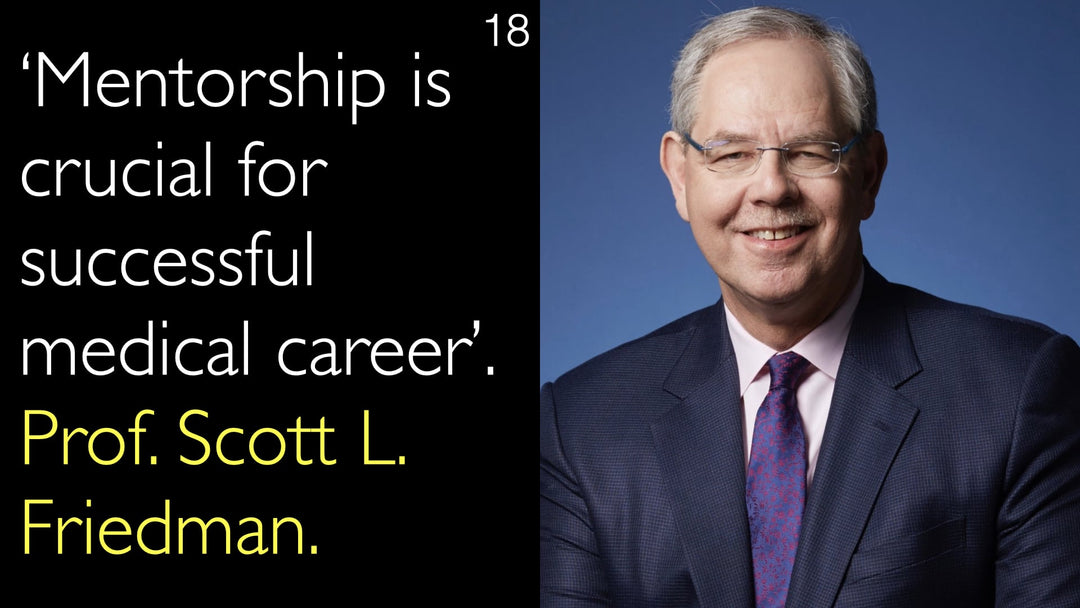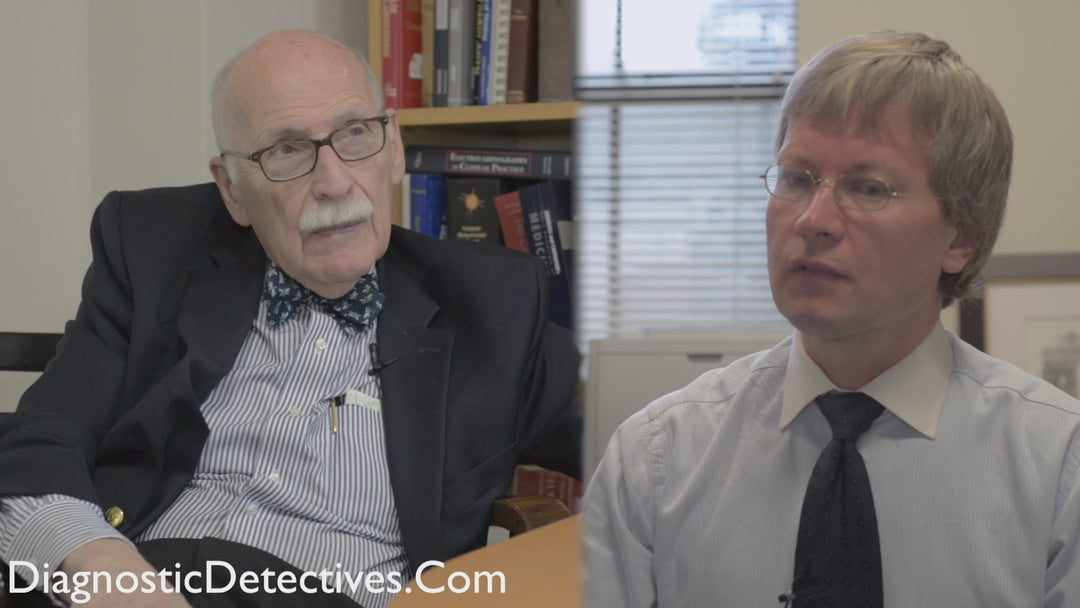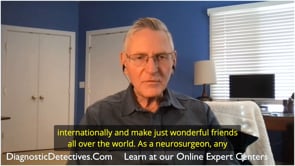You worked with Dr. Michael J Davidson, MD. He was a strong proponent of cross-training in endovascular cardiology and in cardiac surgery. Dr. Anton Titov, MD. You recently wrote a very poignant introduction to Dr. Michael J Davidson traveling fellowship for cardiac innovation. You called it "Thinking outside the box". Dr. Anton Titov, MD. What is the idea behind cross-training in both endovascular cardiology and cardiac surgery? Dr. Tsuyoshi Kaneko, MD. Correct. It's a very important question. Because endovascular cardiology and cardiac surgery areas are progressing. They are merging again. Previously, the general surgery used to cover everything. They used to cover general surgery, surgery in the abdomen, breast surgery, endocrine surgery, heart surgery, lung surgery. Dr. Tsuyoshi Kaneko, MD. But not only that. General surgery involved urology, neurosurgery, ENT, orthopedics. Everything used to be included in surgery. But it really dispersed out into each individual specialties. But as the surgery subspecialties are really really progressing, we are seeing a convergence of these specialties again. For instance, in our field, cardiac surgery, these new devices, the transcatheter devices, really have merged the specialties of cardiac surgery and interventional cardiology. Dr. Tsuyoshi Kaneko, MD. We operate on high-risk patients with these transcatheter devices. I don't know if we are doing a minimally invasive cardiac surgery or maximally invasive interventional cardiology procedure. Endovascular cardiology and cardiac surgery are merging into the same field. That really brings the merging of the field. Also it really necessitates the merging of the training programs. We are going to merge endovascular cardiology and cardiac surgery. Then we need a surgeon who's trained in cardiac surgery. But such cardiac surgeon must also has a skill in interventional cardiology. That was the vision of Dr. Michael J Davidson. I followed in his footsteps. I spent some time in the catheterization lab after I finished my formal cardiac surgery training. Therefore, I was able to see both specialties. It is very important to get a technical ability in both specialties. You get to do open-heart surgery, and you get to do a cardiac catheterization. But the more important thing, I think, is to understand the vision of both specialties. Dr. Tsuyoshi Kaneko, MD. I can think from a cardiac surgery standpoint, I can also look from cardiology standpoint. I can understand what's coming next. I think that is what really will create outside-of-the-box vision for heart treatment. I think that is the key factor. I think a lot of physicians focus more on a technical aspect of learning how to do cardiac catheterization. Dr. Tsuyoshi Kaneko, MD. Surgeons focus on learning how to do heart surgery. I think the technical aspects are more of the focus of the trainees. But for me, the more important thing is to share the visions of other medical specialties. You can look into something new. That will be upcoming in the future. Dr. Anton Titov, MD. I think that is the whole purpose of us establishing this new fellowship in memory of Dr. Michael J Davidson, MD. Well I think this is also important how patients could be evaluated by multidisciplinary approach instead of being siloed through the particular specialty of medicine or surgery. Dr. Anton Titov, MD. Absolutely, yes! I think that that silos of cardiac surgery and interventional cardiology is merging. It used to be two different specialties and now it's merging into one big heart treatment silo.
Plus de MD Education
Plus de Diagnostic Detectives Network
You may also like
Vu récemment







